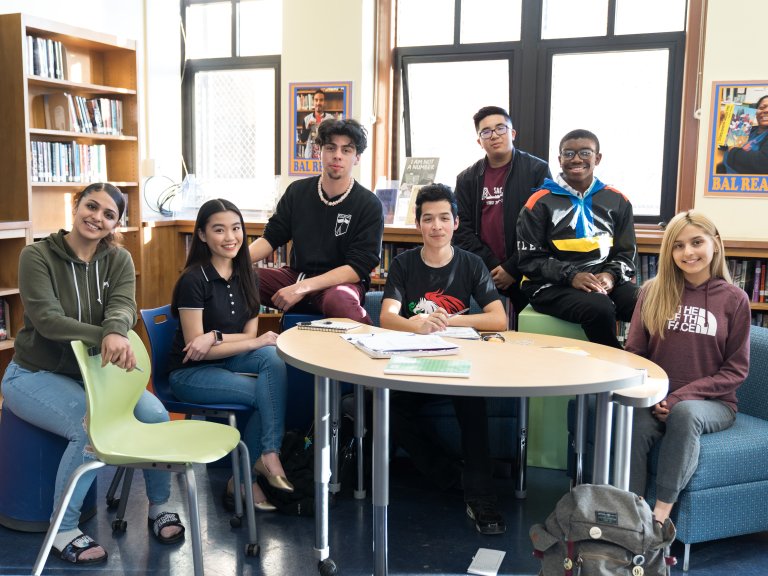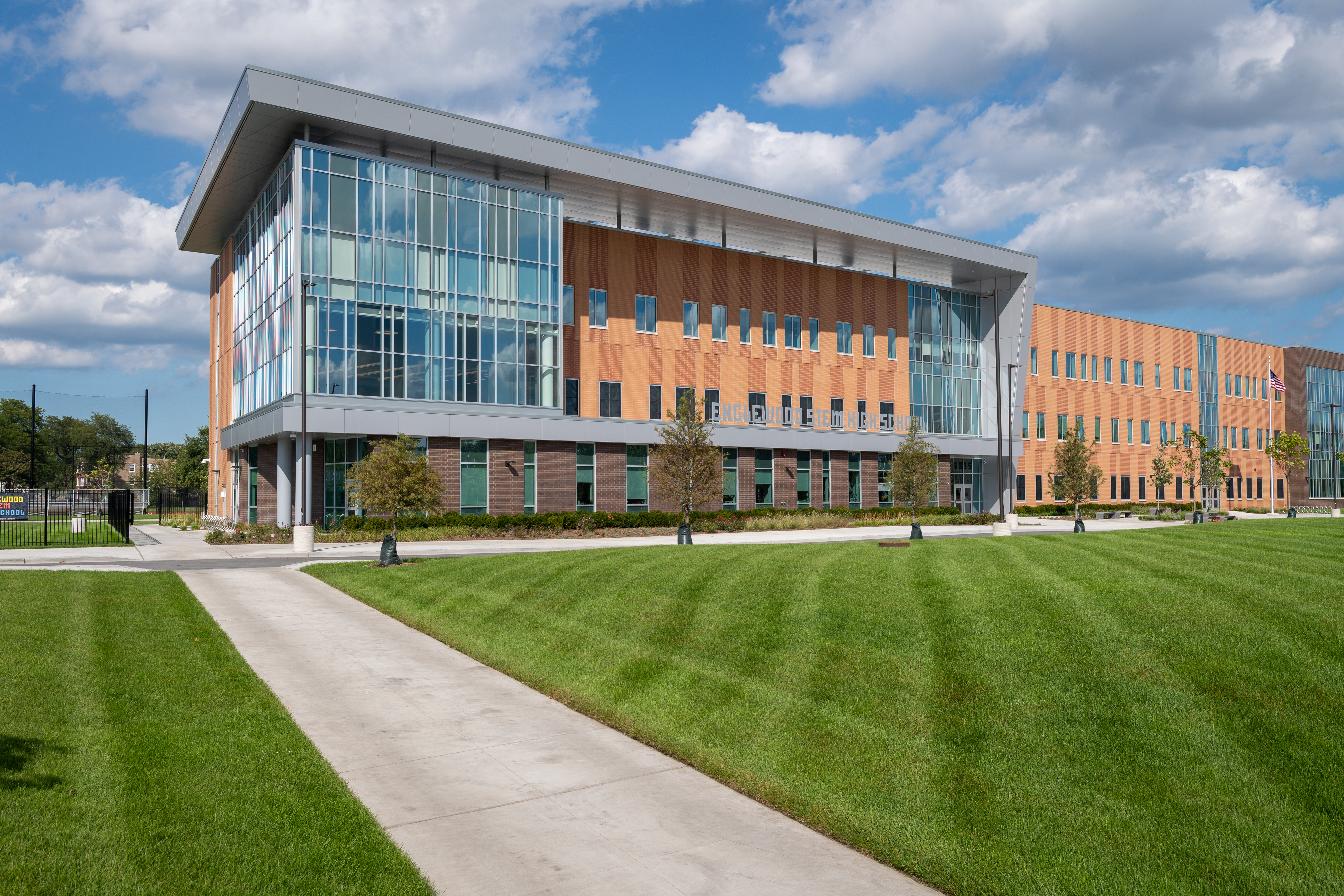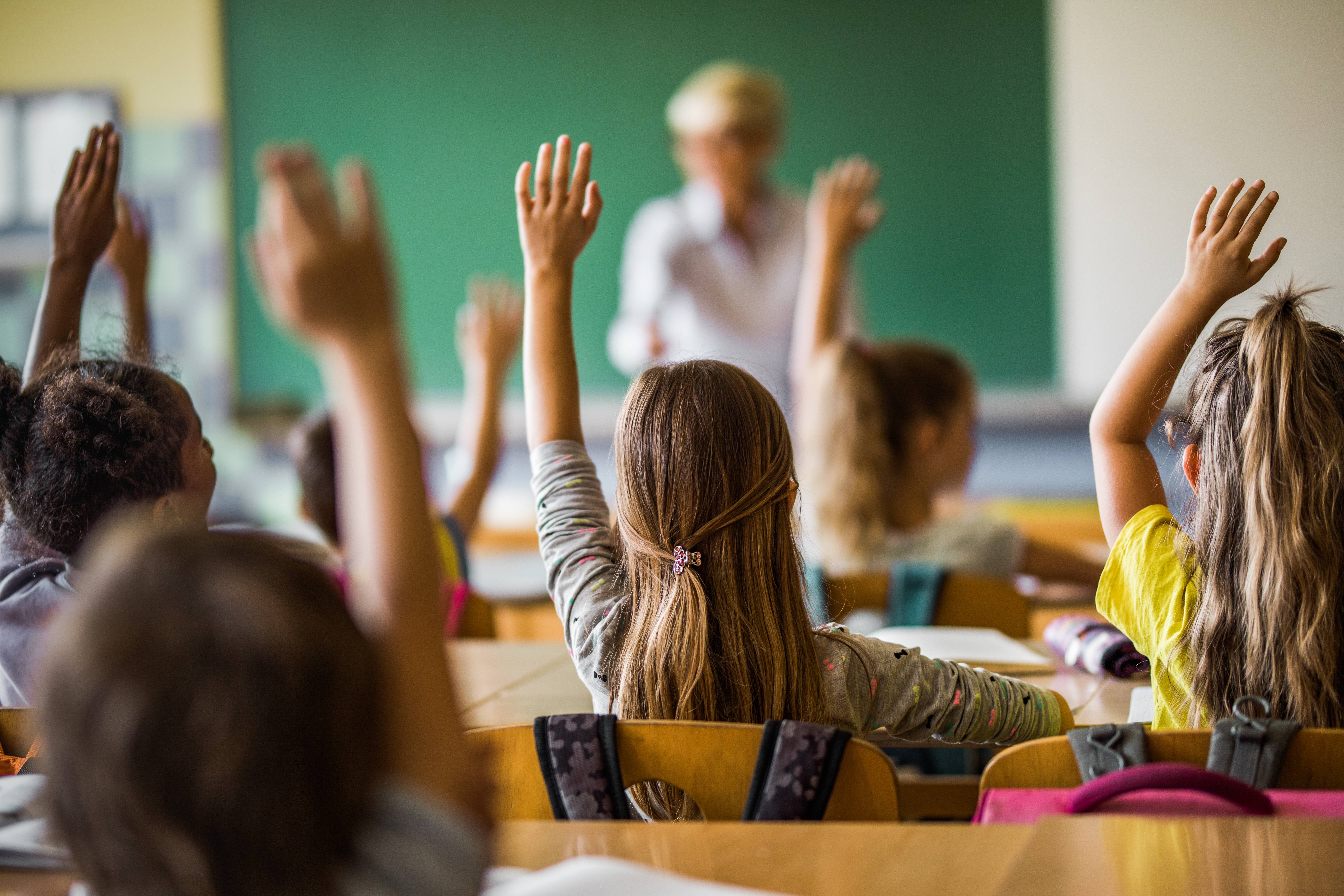Discover the Perks of Advocacy: Save Temecula Schools
Discover the Perks of Advocacy: Save Temecula Schools
Blog Article
Recognizing the Importance of Institutions in Kid Growth and Community Growth
Schools work as pivotal institutions for child development and neighborhood growth, supplying environments where academic accomplishments are matched by the cultivation of social skills and direct exposure to diverse viewpoints. These instructional setups not just promote crucial reasoning and effective communication yet also foster empathy via collaborative projects. Furthermore, colleges' engagement with local areas with service-learning efforts strengthens the bond in between families and academic institutions. This cooperative relationship highlights the significance of institutions in nurturing energetic citizenship and lifelong learning behaviors. However, what are the particular mechanisms whereby these organizations accomplish such profound impacts?
Academic Accomplishment
Academic achievement functions as a foundation of kid advancement, giving the structure whereupon future learning and success are developed. Colleges play a crucial role in fostering this academic development, supplying organized settings where children can get important understanding and cognitive skills. Standardized curricula guarantee that pupils gain efficiency in core subjects such as maths, scientific research, and language arts, which are essential for both higher education and specialist possibilities.
Along with presenting essential scholastic abilities, schools also grow important thinking, analytical capabilities, and intellectual inquisitiveness. These cognitive proficiencies are vital for browsing intricate real-world situations and adjusting to the ever-evolving demands of the modern-day workplace. Educators, as facilitators of discovering, employ varied pedagogical approaches to accommodate different understanding designs, consequently taking full advantage of individual pupil potential.
Moreover, scholastic success is carefully linked to self-worth and motivation. Kids that experience academic success are a lot more likely to develop a favorable self-concept and a long-lasting interest for discovering. Schools likewise provide different resources, such as libraries and innovation, which further boost the educational experience and prepare students for a highly advanced society.
Social Skill Development
Beyond scholastic achievement, the duty of schools in social skill development is vital. Schools work as a primary location for youngsters to learn and exercise vital social abilities such as conflict, participation, and interaction resolution. In the organized atmosphere of a class, students engage with peers, teachers, and other school staff, providing various possibilities to establish these important capabilities.
Reliable social ability growth in colleges is facilitated through group tasks, joint tasks, and extracurricular programs. These interactions assist pupils understand social standards, construct empathy, and promote a sense of neighborhood. For circumstances, group projects teach trainees how to collaborate towards a typical goal, pay attention to various perspectives, and navigate differences constructively.

The farming of social skills throughout academic year lays a structure for future individual and specialist relationships. Save Temecula Schools. As trainees grow, the capacity to successfully work together and connect becomes progressively crucial, emphasizing the school's critical duty in alternative child growth
Exposure to Diversity
Exposure to diversity in institutions is essential to fostering a comprehensive state of mind and broadening trainees' viewpoints. Schools act as a microcosm of the more comprehensive society, and experiencing varied cultures, languages, and socioeconomic backgrounds within this atmosphere furnishes trainees with important skills for navigating a progressively globalized globe. This direct exposure motivates compassion, lowers prejudices, and advertises common respect among peers.
Research indicates that trainees who interact with peers from diverse histories exhibit much better analytical abilities and creative thinking. This understanding of diversity prepares pupils for future offices that worth multicultural proficiency - Save Temecula Schools.

Area Interaction
The benefits of diverse class expand past the college walls, fostering a solid sense of community interaction among pupils. By connecting with peers from different social, socioeconomic, and ethnic backgrounds, trainees acquire a more comprehensive viewpoint and a gratitude for variety. This exposure encourages them to become energetic citizens that are prepared to add favorably to their communities.
Schools that emphasize area engagement usually integrate service-learning tasks, which allow students to deal with real-world problems while using academic abilities. These projects not only enhance students' understanding of their coursework but also infuse a sense of obligation and compassion. Furthermore, collaborations between colleges and neighborhood organizations supply pupils with chances to take part in area occasions, even more strengthening their role as proactive neighborhood participants.
Furthermore, adult and community involvement in institutions strengthens the bond in between academic establishments and the neighborhoods they offer. With these efforts, schools play a critical function in nurturing neighborhood interaction and promoting social growth.
Lifelong Understanding Routines
Establishing long-lasting discovering behaviors is vital for a child's continual growth and versatility in an ever-changing globe. Colleges play a pivotal function in instilling these routines by creating an environment that cultivates curiosity, crucial thinking, and a love for understanding. Through varied curricula and after-school activities, educators motivate students to check out numerous subjects, assess information seriously, and use their learning to real-world circumstances.

Moreover, colleges give an organized setting where Visit Your URL youngsters can establish self-discipline and time administration abilities, both of which are vital for constant discovering. By highlighting the significance of setting objectives, assessing progress, and adapting approaches, universities prepare pupils to navigate the complexities of adult life, guaranteeing they remain lifelong learners and factors to culture.
Final Thought
In final thought, schools are crucial in cultivating youngster advancement and community development by providing atmospheres favorable to scholastic accomplishment, social ability development, and exposure to diversity. Eventually, institutions cultivate long-lasting learning routines, gearing up individuals with the required knowledge and abilities to contribute positively to culture.
In the organized atmosphere of a class, pupils engage with peers, instructors, and other college team, supplying many opportunities to create these important capacities.
In significance, direct exposure to diversity within schools not just enhances individual trainees but additionally strengthens the social textile of the neighborhood as a whole.
The advantages of diverse class prolong beyond the college walls, cultivating a strong sense of area involvement among trainees.Colleges that stress community interaction usually integrate service-learning tasks, which permit students to deal with real-world issues while using scholastic abilities. Collaborations between schools and local organizations supply pupils with possibilities to take part in neighborhood occasions, better strengthening their duty as proactive community members.
Report this page